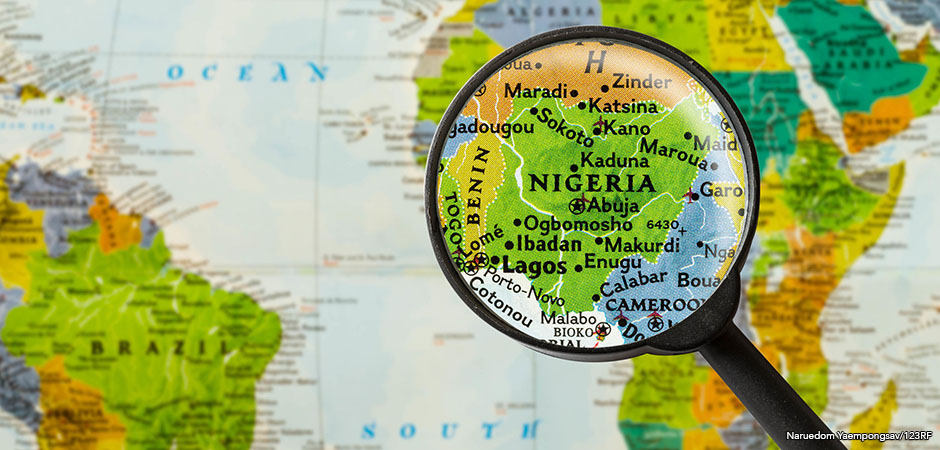
On February 25, 2023, Bola Tinubu was named winner of Nigeria’s presidential election. But Tinubu’s presidential opponents and several election observers have questioned the fairness of the results.
Nigerian government officials have defended the election process. Tinubu is set to be sworn in on May 29, 2023. He will be the West African country’s fifth elected president since becoming a democracy in 1999. However, Tinubu might have to survive challenges in court from his opponents.
Below, btw looks more closely at the election results, claims of wrongdoing, and the possible impact on Nigeria’s future.
A Close Election
The 70-year-old Tinubu has more than 30 years of experience as a politician. He led an economic turnaround as governor of Lagos state, which is one of the 36 states in Nigeria. Tinubu’s political party is called All Progressives Congress. This is the same party as current president Muhammadu Buhari. Tinubu received 37 percent of the votes. The runner-up to Tinubu was Atiku Abubakar, who took 29 percent. Abubakar is a member of the People’s Democratic Party (PDP). Peter Obi, a Labour Party candidate, got 25 percent and finished third.
Both Abubakar and Obi have criticized Tinubu’s victory. Abubakar and his supporters marched to the headquarters of the Independent National Electoral Commission (INEC) in the country’s capital city of Abuja to demand a new election. Ndi Kato, a spokesperson for Obi, claims that the election was rigged. At least five other political parties who were competing for the presidency also have challenged the results. The INEC has said that it will provide voting materials for anyone who wants to take action in court.
Concerns About the Election
The election process has been criticized for several reasons. Critics claim that violence, or threats of violence, kept some people from voting. There are more than 93 million registered voters in Nigeria, but only 24 million people voted. That’s a 26 percent voter turnout. For comparison, nearly 67 percent of United States voters cast ballots in the 2020 presidential election.
Concerns also have been raised about the Bimodal Voter Accreditation System (BVAS) voting machines that were used to count results at the 176,000 polling stations. This electronic voting system uses fingerprints and facial recognition to try to prevent fraud. But some have said that delays in uploading results could have allowed tampering to occur. The INEC defended the election as fair. However, this government organization did admit to some technical issues with some voting machines. In fact, INEC postponed the election for new governors for 28 Nigerian states so the BVAS machines could be reset. Those elections were pushed back a week, from March 11 to March 18.
Mary Beth Leonard, who is the U.S. ambassador to Nigeria, said the election process didn’t meet Nigerians’ expectations. The European Union said operational failures have reduced trust in the election results. However, Tinubu and his supporters defended their victory. Tinubu said the election results affirmed Nigeria’s democracy. He called on his rivals to team up with him in support of the country they share and love.
Much Work to be Done
Whether a court battle changes the presidential election results, or Tinubu takes charge in May, there is much work to be done by the next leader of Nigeria. The country has a rich supply of natural resources. It is one of the world’s top producers of oil. There are many wealthy individuals in Nigeria, including politicians like Tinubu. But an alarming 63 percent of the population of more than 200 million people live in poverty. Thirty-three percent are unemployed. The country also is facing high rates of violent crime. There are concerns about extremist religious groups that have become increasingly problematic in this region.
The next leader will need to meet the demands of a fast-growing Nigerian workforce. Experts predict that by the year 2050 Nigeria will become the world’s third-most populated country, behind India and China. Nigerians want a country that is safe and has many available jobs. Tinubu, pointing to the improvements of Lagos state under his watch, has said he will help the nation break free of poverty and boost the economy.
Dig Deeper On October 1, 1960, Nigeria gained its independence from Great Britain. Its government became a democracy when Olusegun Obasanjo was sworn in as president on May 29, 1999. Use Internet resources to find at least three more facts about Nigeria. Display your facts on a poster or a slide show. Be sure to include visuals to enhance your finished product.
